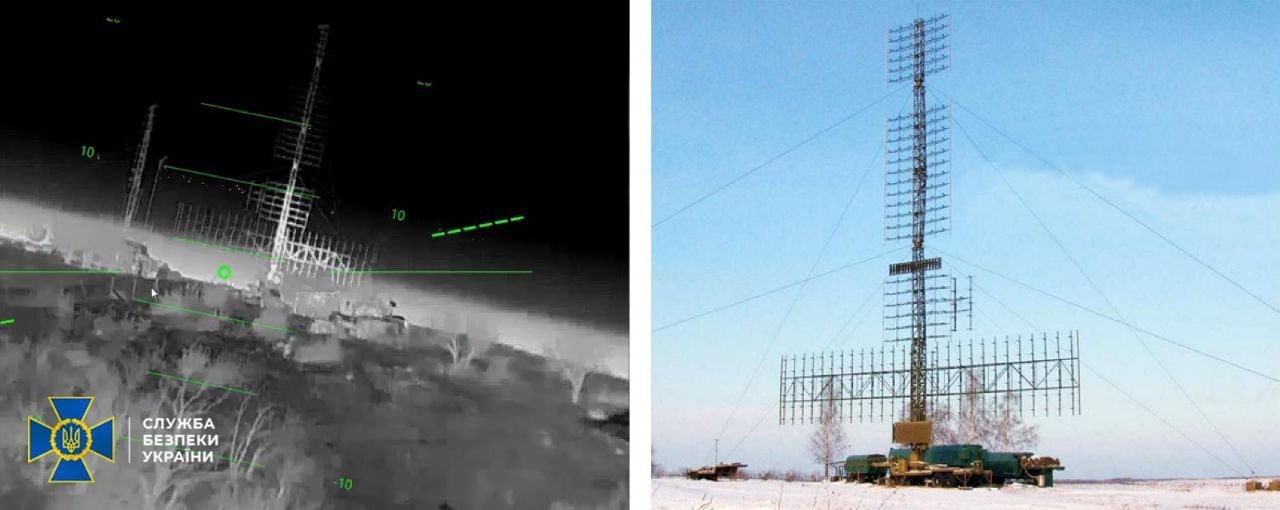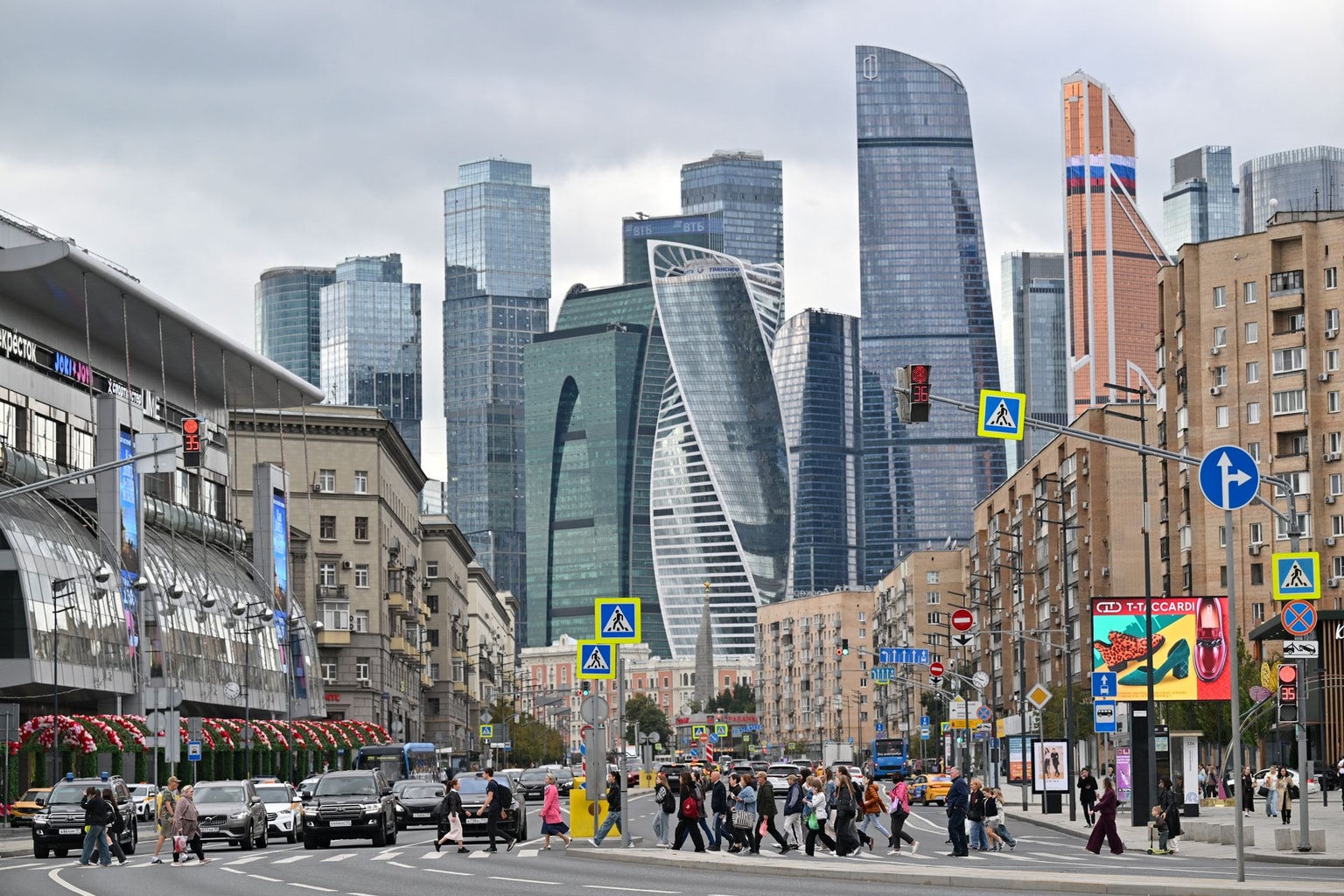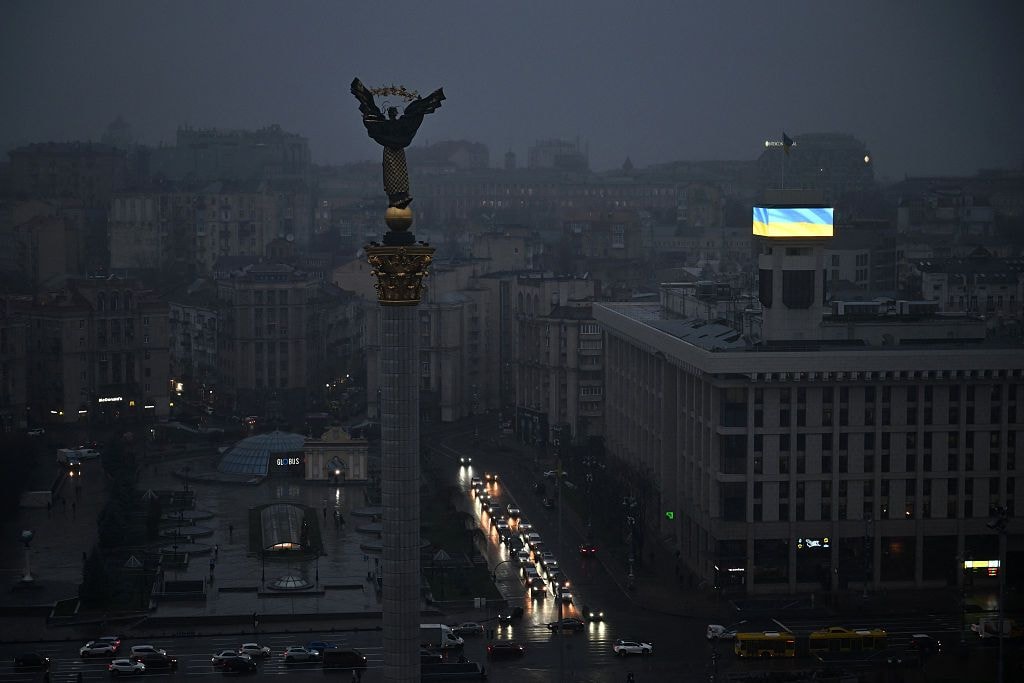Investigation: Belarus sent over 130,000 tons of munitions to Russia in first year of full-scale war

Belarus' government, led by dictator Alexander Lukashenko, gave Russia 131,582 tons of ammunition, according to an investigative project of Belarusian journalist Anton Motolko.
The investigator cited railway union data describing the export of military supplies from Belarus to Russia from January 2022 to February 2023.
On average, Belarus moved over 10,000 tons of ammo into Russia each month, ten times more than it did before the full-scale war.
They started growing immediately after Russia's Feb. 24 all-out invasion.
Belarus's 43rd arsenal of rockets and ammunition provided the largest share, followed by the 46th arsenal and the 1405th artillery base.
Munitions from Belarus didn't just go to Russian territory but also into occupied Ukrainian territory, including Crimea, according to the report.
Russian forces used Belarus as a staging ground and training area throughout the war and they also struck from it during the first phase that culminated in the battle of Kyiv.











